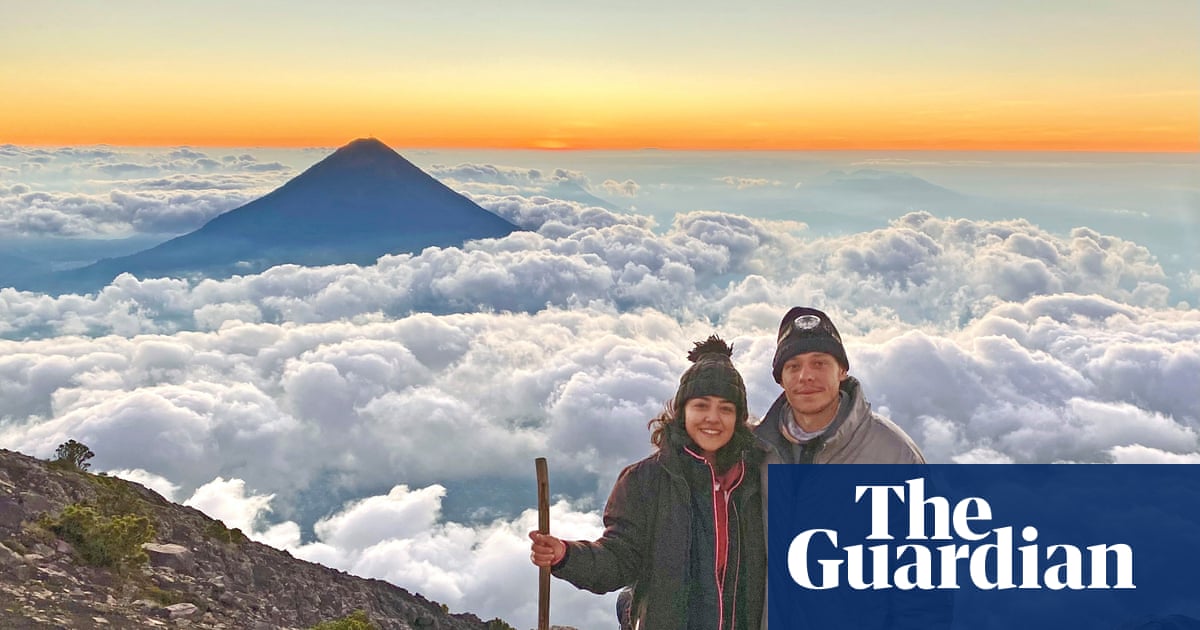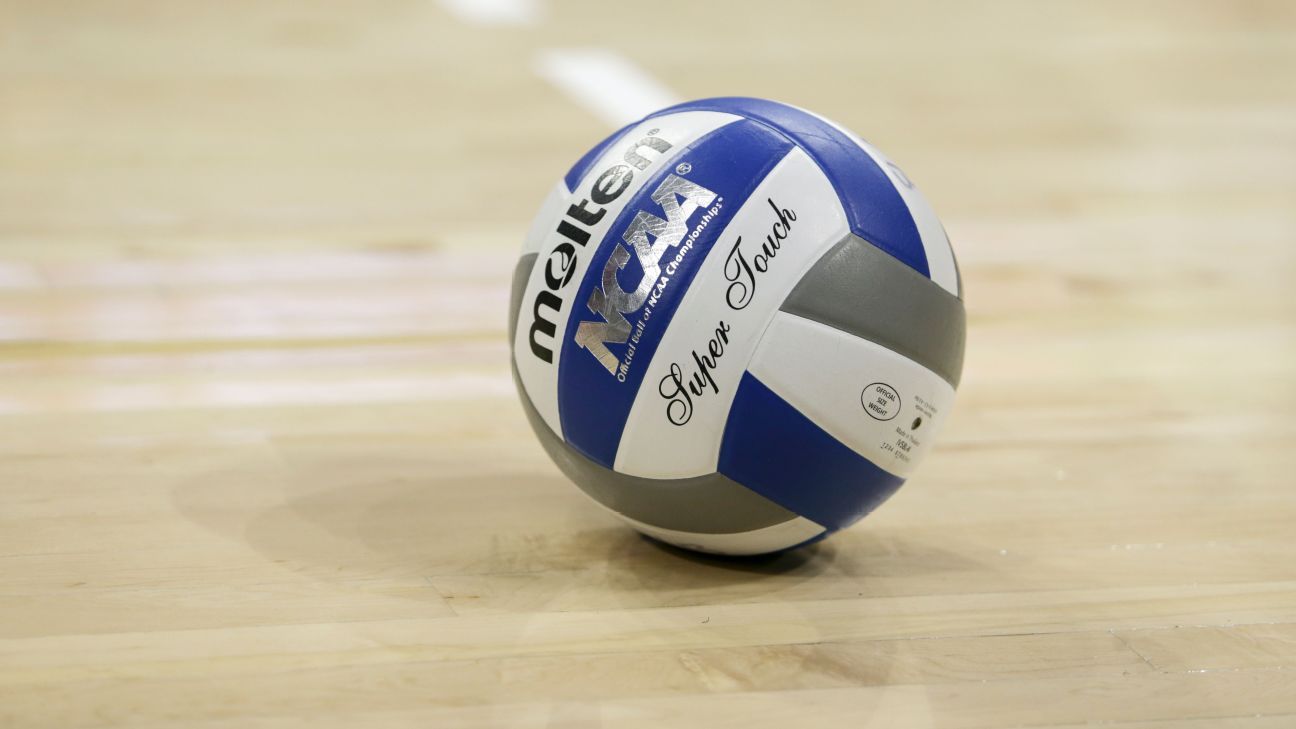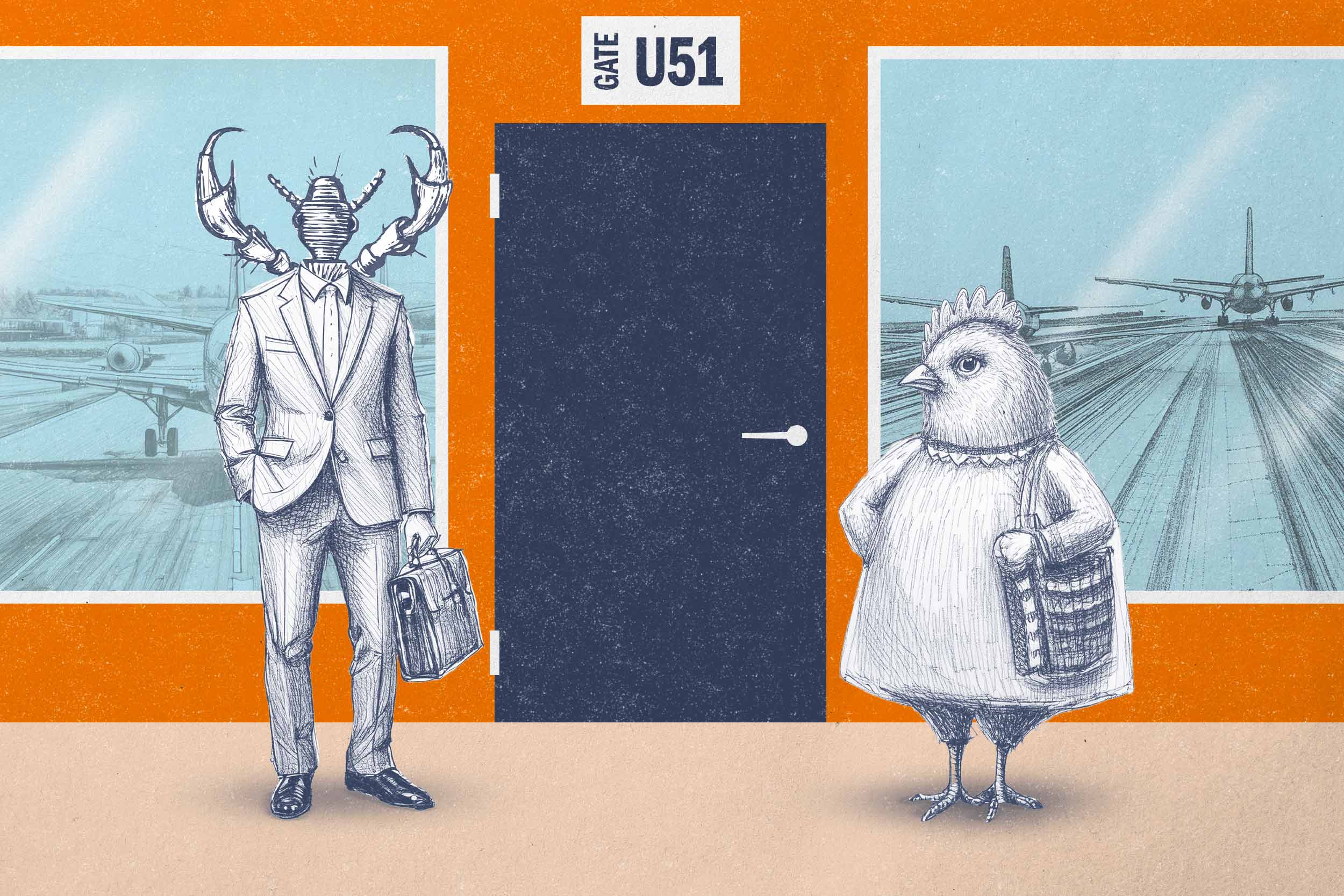World
By volunteering around the world, I found my purpose in life, my husband and my roots

The first time I joined a volunteering trip I was 22, and had no idea what I wanted to do in life. It was in the summer of my third year at university, in 2018, and the project was a 10-week expedition with Raleigh International in Malaysian Borneo.
Raleigh offered bursaries, covering flights, insurance and vaccinations, to people from socioeconomically disadvantaged backgrounds [Raleigh International Trust went into administration in May 2022 and was acquired by The Impact Travel Group but still offers expeditions]. I was thrilled to be given a place on the scheme, and the bursary was a huge help. It also meant my fundraising target before the trip was reduced from the £2,000-plus they typically ask for to £800.
Landing in Kota Kinabalu on the morning of 4 July, after an all-nighter the day before and a restless 18-hour journey, I felt exhausted. And yet, as I sat on the airport floor scanning the tired faces of my soon-to-be fellow volunteers, I couldn’t help feeling excited. So much possibility hung in the humid air.
The volunteer managers split us into our basecamp teams. This would be the group we’d stick with during our training, after which we would be assigned to our three phases: community (typically water, sanitation and hygiene projects in a rural village); conservation (tree planting and nature preservation initiatives); and a leadership jungle trek. Every phase would last three weeks, with a short changeover back at basecamp in between.
There were volunteers from all over the world, including Malaysia. It’s amazing how quickly strangers become friends when you’re in an unfamiliar setting, but for me there was one relationship that stood out above the others.
His name was Christian and he arrived in a light pink cap, worn backwards. He was one of the managers, originally from Sheffield in the UK. We ended up working together during my second phase, on a conservation project in Danum Valley that involved building a bridge to improve scientists’ access to the primary rainforest.
Romantic relationships between volunteers and managers were forbidden, so that was on neither of our minds. Looking back, it definitely helped: it meant we could develop a trusted friendship first.
We found ourselves gravitating towards each other often. The conversation was always effortless. We would tease each other in a playful way. Little did I know then that Christian would become my husband less than two years later.
In the six years since our Raleigh expedition, we have travelled to almost 30 countries together. We spent eight months traversing the Balkans in the midst of the pandemic, followed by a nine-month stint in Latin America, starting in Mexico and concluding in Peru.
Through it all, volunteering has remained a huge part of the experience. Cultural exchange/working holiday sites such as Workaway have been invaluable in allowing us to find local projects, which have included a permaculture farm in Malaysia, an olive grove in Croatia, a backpackers’ hostel in Honduras and a coffee plantation in Nicaragua.
Each experience came along just when we needed it. For instance, we’d headed back to Malaysia a couple of months before the pandemic took full force. By the time the UK went into lockdown in March 2020, we had reached Pulau Bidan, a small island off the west coast, north of Penang.
For the most part, Pulau Bidan is uninhabited. The only residents are those working on the island’s ecoproject. Our five weeks there were nothing short of a dream. Azure waters, towering coconut trees, a sandy beach. And the best part? We had it all to ourselves.
Initially, there were about 15 of us on the island. Alongside the long-term locals, the volunteers hailed from Germany, Russia, Switzerland, Estonia and the Netherlands. Every day, we would update one another on the latest Covid news from our home countries. Hearing about the lack of toilet paper in UK supermarkets was particularly bemusing – we didn’t even use toilet paper on the island as we had rustic bidet sprayers.
It was also on Pulau Bidan, in the early days of Covid, that I prayed for the first time in years. As a teenager, I had moved away from Islam for various reasons. Now, suddenly, everything was up in the air.
As the weeks went on, it became clear that Covid wouldn’t just blow over. One by one, the volunteers began leaving to head back to their homes. We were the last of the short-term helpers remaining, at which point there were only six of us left on the island. Eventually, we too decided to head back to the UK and stayed with family that summer.
after newsletter promotion
Then, in August 2020, we connected through Workaway with a couple in Croatia, who needed volunteers to help with their olive harvest.
We booked flights for November, though we knew there was a chance everything could change again. Sure enough, in early November, the UK announced that it would be entering its second lockdown, so once again we were faced with a decision.
In the end, we decided to leave the UK just before the second lockdown. It was a risk. It would have been more sensible to wait, but this leap of faith led to those eight months in the Balkans. By focusing on finding work with locals, we were able to travel more sustainably. We also got to see each country through a sharper lens.
My most recent volunteering experience was a solo trip to Cyprus in January 2023 with Refugee Support. This was deeply personal, since my own family came to the UK as refugees from Afghanistan after the Soviet invasion in 1979.
The first few weeks after western forces withdrew from Afghanistan in 2021 had been very difficult for me. Watching the country take another unexpected turn, after 40 years of instability, I felt deflated and in mourning. The main fear was being permanently disconnected. I knew that unless I did something to actively change that, I would become even more distanced from my Afghan heritage.
My three weeks in Cyprus were a rollercoaster of emotions, as I came face to face with Afghans who had fled after the Taliban’s return. However, through each interaction and encounter, I felt myself becoming closer to Afghanistan. Witnessing the joy of my countrymen and women on being acquainted with me, a fellow Afghan who spoke their language, was overwhelming and incredibly healing.
It was right after this that I decided to try to make a career in journalism. The level of clarity and purpose I felt in Cyprus was unlike anything I’d experienced before. By prioritising and preserving diaspora stories, I hope to leave behind an archive for future generations who, like me, have Afghan heritage but were born abroad.
I couldn’t have come to these realisations without volunteering. I met my husband, reconnected with my faith, evaded the UK lockdowns and decided on my next career steps all through volunteering. By pushing the parameters of our comfort zones, being intentional about the work and connecting with locals from across the world, our lives have gained so much meaning. I also feel more confident and capable with each new experience.
Volunteering is a huge privilege, but one that anyone can pursue. For those who face financial limitations, bursaries like the one offered by Raleigh can help bridge that gap, but volunteering doesn’t have to be done on an exotic island in a faraway land. The journey can start by finding the right projects on your doorstep, so long as it does start.
Mariam and Christian share more about their travel and volunteering experiences on Instagram @budget.backpackers









